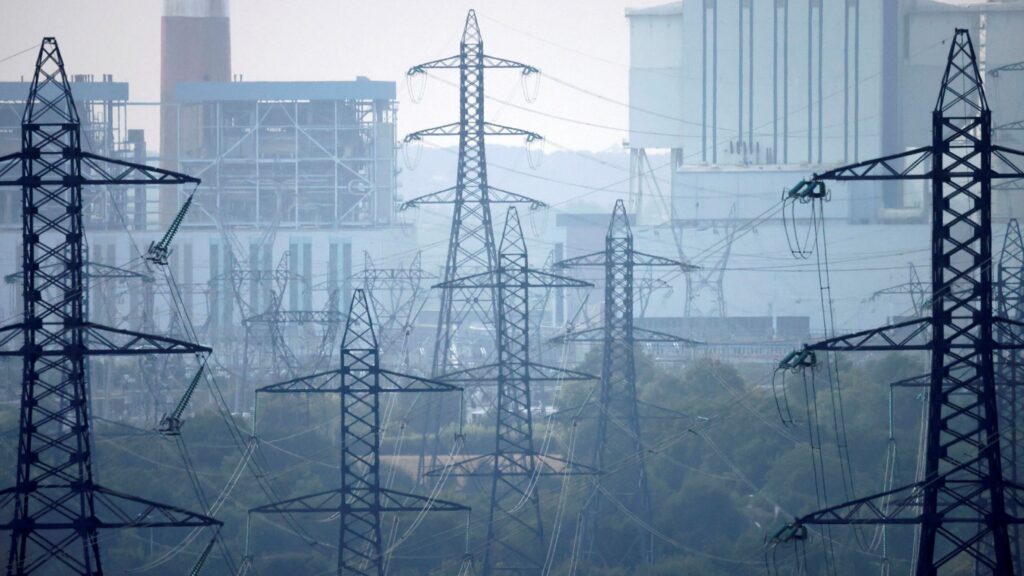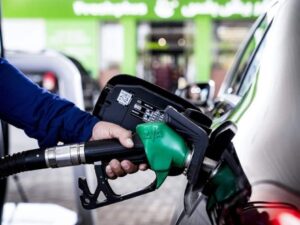As Pakistan grapples with a recent economic crisis, one alarming reality stands out – the increasing burden of energy expenses on its citizens. Recent fiscal data indicates that energy costs now consume a significant portion of household incomes, ranging between 30% to 40%. A study reveals that a staggering 82% of households and 86% of shop owners have seen their energy bills surge by 20% to 50% between FY22 and FY23.
This surge in energy tariffs can be attributed to several factors, including macroeconomic pressures, post-Covid-19 economic recovery, and the global energy price shock resulting from the Russo-Ukraine war. Notably, this issue is not confined to Pakistan alone; countries like the United States, the UK, Mexico, Sri Lanka, Australia, and Indonesia are also grappling with energy-related challenges, with over 20 million homes in the United States falling behind on their energy payments.
In Pakistan, the consequences of exorbitant energy prices are twofold: increased use of illegal connections and non-payment of bills, exacerbating governance challenges, and contributing to the circular debt problem. This, in turn, affects the ability of Distribution Companies (Discos) to provide uninterrupted energy supply, perpetuating a vicious cycle.
As the current fiscal year progresses, it is anticipated that the per-unit price of electricity, also known as the base tariff, may see further hikes, ranging between 3 and 7 rupees. Alongside Fuel Adjustment Charges (FACs), quarterly adjustments, and PHL surcharges, this could significantly burden more electricity customers.
Addressing energy poverty and ensuring access to affordable energy are vital for socioeconomic development. However, Pakistan also needs to reassess its energy consumption patterns. Solutions range from immediate actions to long-term strategies.
Urgently, the National Energy Conservation Policy announced in December 2022 needs swift implementation. Encouraging the adoption of energy-efficient appliances to reduce wastage at an individual level and lowering demand by closing markets earlier in the evening can play a significant role.
Enforcing public service announcements and strictly implementing the Energy Efficiency and Conservation Policy of 2023 should be prioritized by all levels of government, from federal to local. Smart power subsidy programs, supported by international funding agencies, can ensure that vulnerable citizens receive adequate support while those who can afford energy pay the full price.
Addressing theft of electricity by working closely with communities and local influencers is essential to prevent losses that drain the national budget and disrupt DISCOs’ operations.
Furthermore, the government must plan strategically, reducing Pakistan’s reliance on imported fuels and increasing the utilization of renewables and indigenous resources in the energy mix. Localization of the manufacturing base for the power sector, focusing on renewable energy solutions, is crucial.
Internationally, Pakistan can learn from countries with similar economic profiles and demographics to develop localized and customized energy solutions. Knowledge exchange and technical expertise can provide valuable support in this endeavor.
Solutions to mitigate energy poverty and reform the energy sector exist. What is now essential is the political commitment and wisdom to implement them. Pakistan’s economic stability and the well-being of its citizens depend on finding sustainable solutions to its energy crisis.
Ahsan Mukhtar
- This author does not have any more posts.







